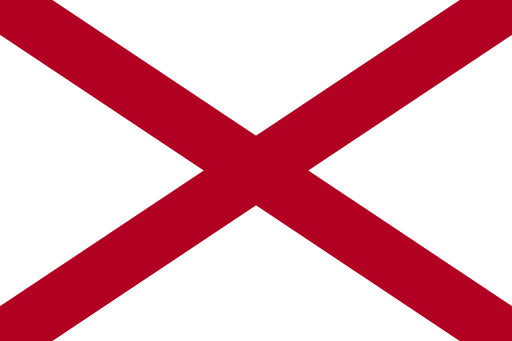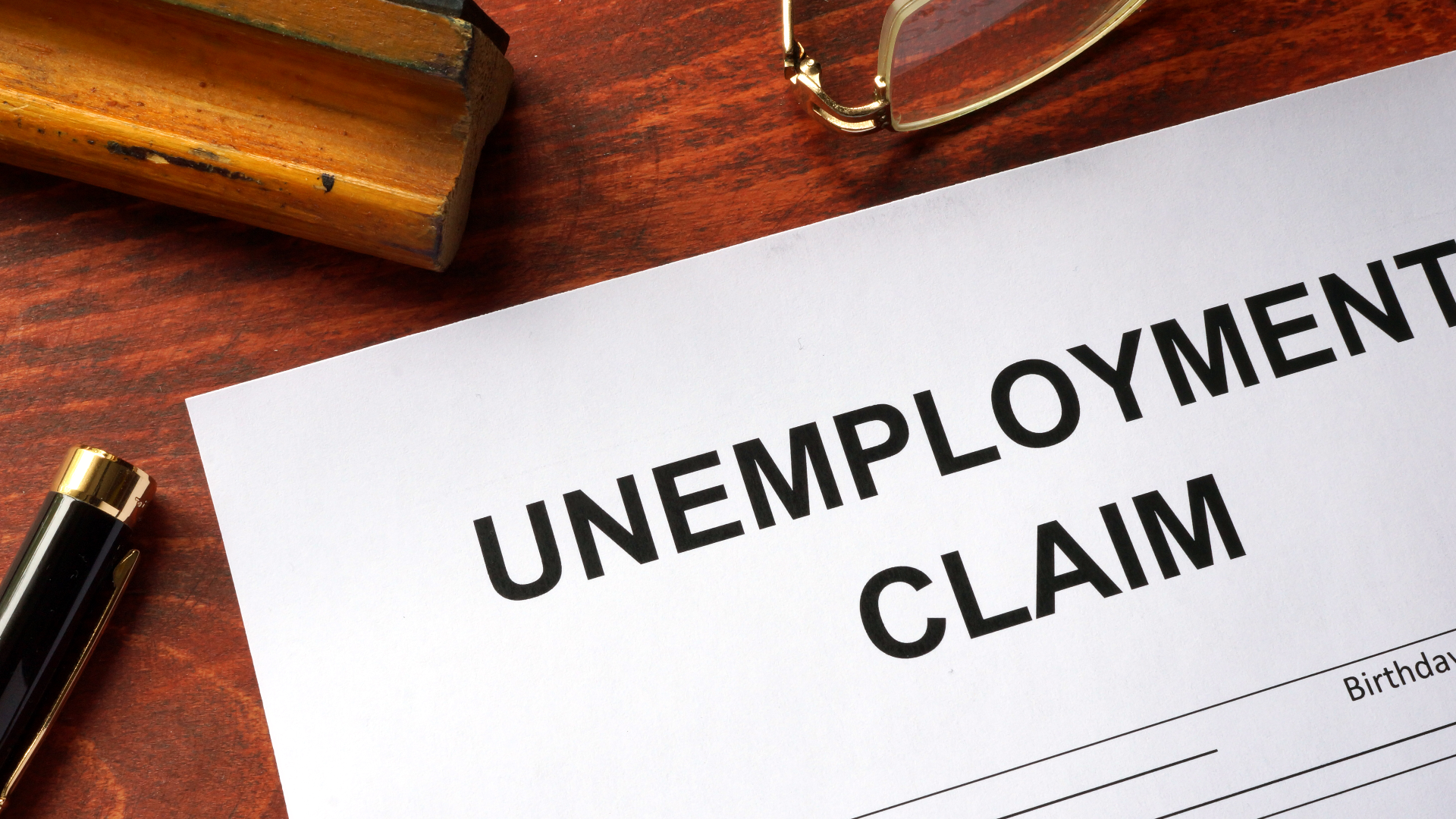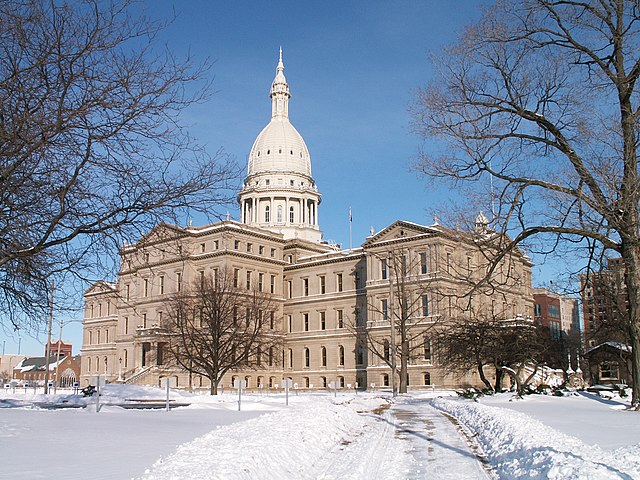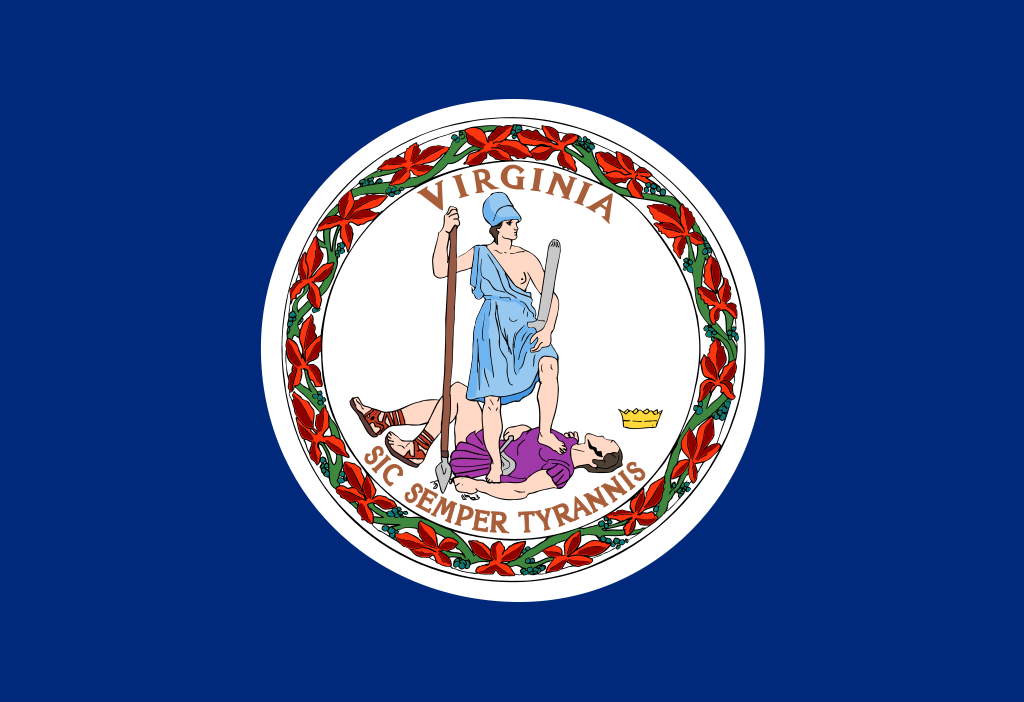Tag: unemployment
-
Alabama adds requirement for unemployment insurance eligibility

Alabama Gov. Kay Ivey (R) signed Senate Bill 224 on April 12, requiring unemployment insurance claimants to contact at least three prospective employers each week during their benefits period to remain eligible for payments. The bill defines a contact as an application or other genuine solicitation for an open job. The Alabama Department of Labor…
-
New weekly U.S. unemployment insurance claims rise 7.4% over previous week

New applications for U.S. unemployment insurance benefits rose 14,000 (7.4%) for the week ending March 26 to a seasonally adjusted 202,000. The four-week moving average as of March 26 dropped to 208,500 from 211,750 as of the week ending March 26. Initial claims for the previous week ending March 19 came in at a seasonally…
-
Kentucky governor signs bill extending unemployment tax rate freeze

Kentucky Governor Andy Beshear (D) signed House Bill 144 into law on March 24, freezing the state's unemployment insurance tax rate at 2020 pre-pandemic levels for 2022. The Kentucky Chamber of Commerce estimated businesses would have paid about $70 more in taxes per employee if the tax rate had unfrozen. Kentucky's unemployment insurance tax rate…
-
U.S. weekly unemployment insurance claims drop to lowest level since 1969

New applications for U.S. unemployment insurance benefits dropped 28,000 for the week ending March 19 to a seasonally adjusted 187,000. The number is the lowest recorded since September 1969. The weekly drop also brought the four-week moving average as of March 19 down to 211,750 from 223,250 as of the week ending March 12. Weekly…
-
Illinois governor signs measure to pay $2.7 billion of unemployment fund debt

Illinois Governor J.B. Pritzker signed an amendment to Senate Bill 2803 on March 25 allocating $2.7 billion in federal American Rescue Plan Act (ARPA) funding to help pay down the state’s $4.5 billion Unemployment Insurance Trust Fund debt. The state will still have $1.8 billion of outstanding debt in the fund. As of March 23,…
-
Iowa legislature approves measure to reduce duration of unemployment insurance benefit

Republicans in the Iowa House and Senate approved a measure on March 23 that would reduce the maximum length of unemployment insurance payments from 26 weeks to 16 weeks. The state House passed HF 2355, and the Senate approved an amended version the same day. The Senate's version added a one-week waiting period for claimants…
-
Michigan governor signs unemployment insurance spending bill

Michigan Governor Gretchen Whitmer (D) on March 28 signed HB 5525, which contained $139.8 million in funding for the state's unemployment insurance program. The bill directed $100 million of federal coronavirus relief funding into the state's unemployment trust fund. The remaining funds were earmarked to cover administrative improvements to the Unemployment Insurance Agency and fund…
-
Massachusetts officials announce bond sales to replenish the state's unemployment insurance trust fund

Massachusetts Executive Office of Labor and Workplace Development Secretary Rosalin Acosta announced on March 25 that the state intends to issue between $2 billion and $3 billion of bonds to help replenish the state's unemployment trust fund. The move is aimed at relieving employers in the state of the full responsibility for paying down the…
-
Virginia governor announces reduction in initial unemployment claims backlog

Virginia Governor Glenn Youngkin (R) announced Feb. 21 that the Virginia Employment Commission had reduced the backlog of pending unpaid unemployment insurance claims (that were awaiting a determination of eligibility) from about 25,000 to roughly 16,000 since Jan. 15. The change represented a backlog reduction of about 36%. Youngkin also announced the commission processed about…
-
Massachusetts announces end of facial recognition requirement for unemployment insurance

The Massachusetts Department of Unemployment Assistance announced Feb. 23 that it would suspend the use of facial recognition technology through ID.me as a way for unemployment insurance claimants to verify their identities. The department cited decreased claim volumes as the basis for the decision. The change still allows claimants to verify their identities virtually through…

